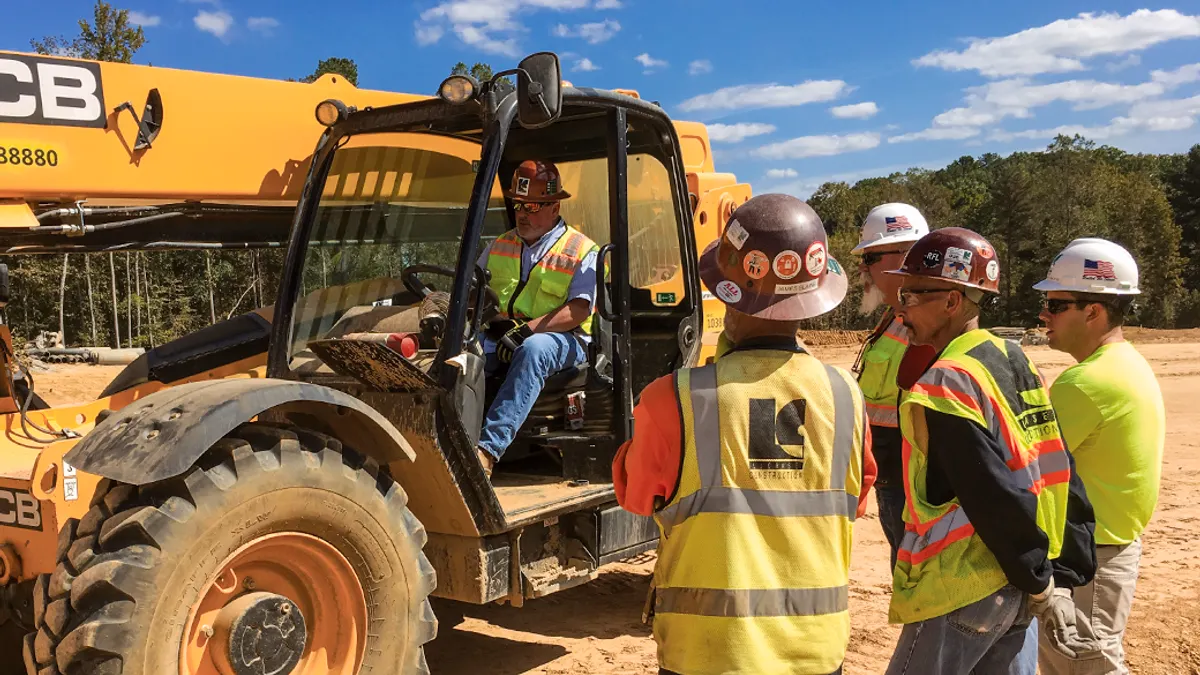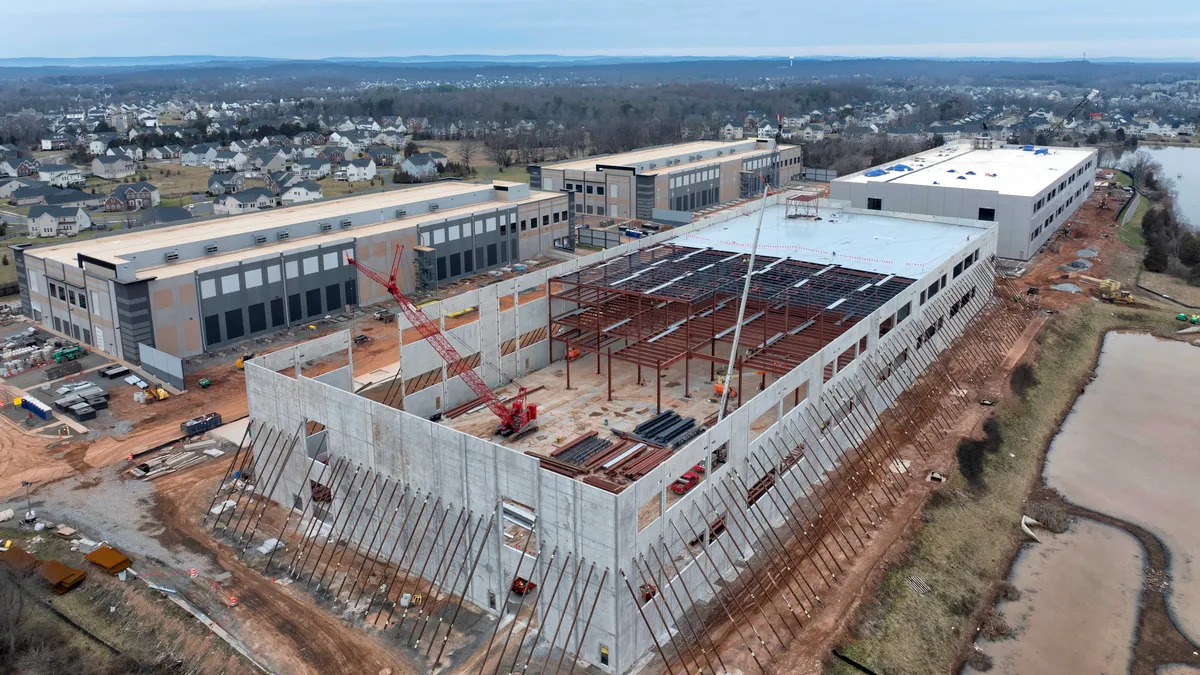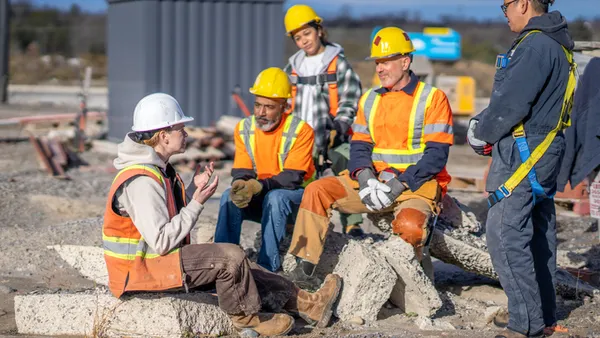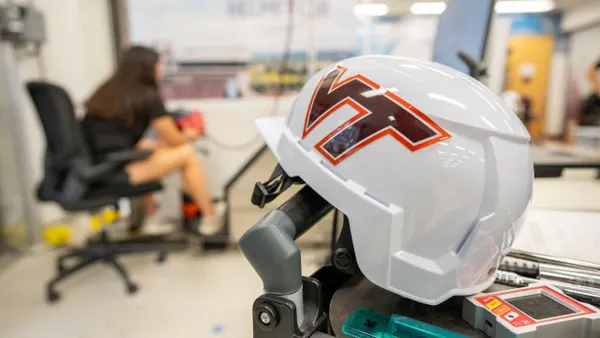Contractors across the country are facing the same challenge: too much work, not enough skilled labor. It is critical to retain existing talent and to help them become even stronger contributors. Companies that do so successfully implement training that delivers measurable results. They deploy structured, scalable workforce development programs that help workers get started, stay engaged and build long-term careers.
Here’s what they’re doing and why it’s working:
They define the path forward
Many new entrants to the field don’t know what comes after their first job. Leading contractors map out clear career paths with defined roles and training tied to each step. When employees see how training leads to advancement, they are more likely to stay engaged and commit to a future with their company.
They use curriculum grounded in industry expertise
Good training reflects the realities of the jobsite. The most trusted programs use curriculum developed and regularly reviewed by professionals with years of field experience. Their insight ensures content is accurate, relevant and aligned with real jobsite demands. Contractors that implement expert-informed training programs get craft professionals who meet the performance standards required to meet heavy jobsite demands.
They train for performance and measure impact
Classroom hours alone cannot build a skilled workforce. The most effective training programs require workers to demonstrate they can do the job. A performance-based approach reduces rework, improves productivity and shortens the time it takes to get workers fully competent. It holds training accountable to real-world outcomes.
And tracking those outcomes is an extra step that’s worth it. Contractors leading in workforce development are looking at metrics like certifications earned, skills demonstrated, promotions made and retention rates. That data helps improve programs and prove ROI.
They build pipelines, not enforce silos
Workforce development must be a collaborative effort among stakeholders. Successful contractors form partnerships with secondary and post-secondary schools and community organizations to identify talent and broaden awareness of the potential of a career in the trades. By creating meaningful alignment, they cultivate local talent pipelines that connect more people to opportunities in the field and open doors for individuals to start meaningful careers in construction.
The National Center for Construction Education and Research (NCCER) is a nonprofit education foundation and leading provider of construction training and credentials. Its programs offer flexible, standardized learning built to meet real jobsite needs.
Contractors who want to help solve the labor shortage are leveling up their training efforts. They’re not looking for quick fixes, they’re creating sustainable programs that attract and retain the talent necessary to build better projects.











